- US oil groups warn they will need guarantees to invest in Venezuela Financial Times
- Trump wants to own Venezuela’s oil, but its largest oil customer is speeding toward clean energy CNN
- US says it needs to control Venezuelan oil sales…
Category: 2. World
-
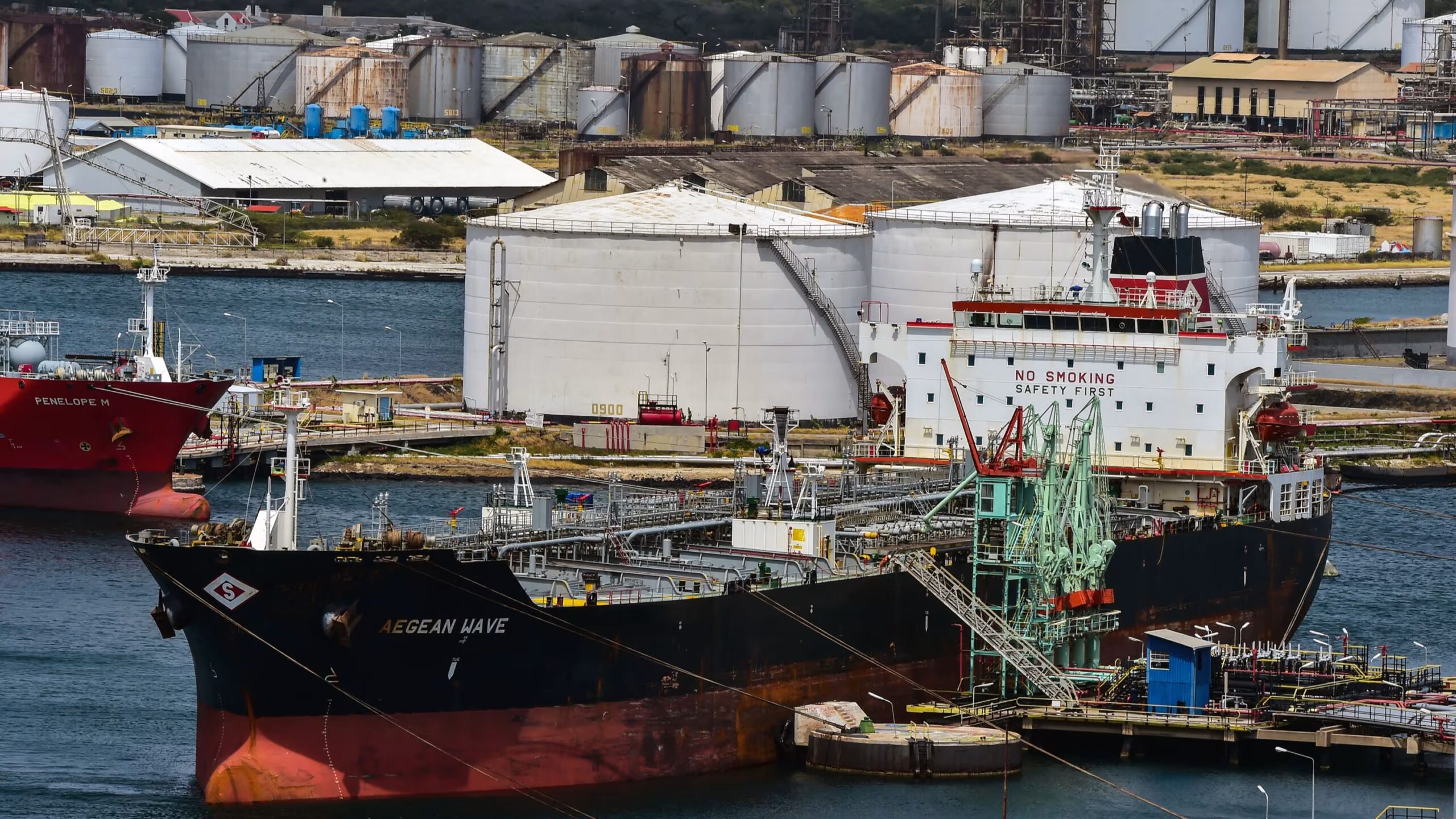
US oil groups warn they will need guarantees to invest in Venezuela – Financial Times
-
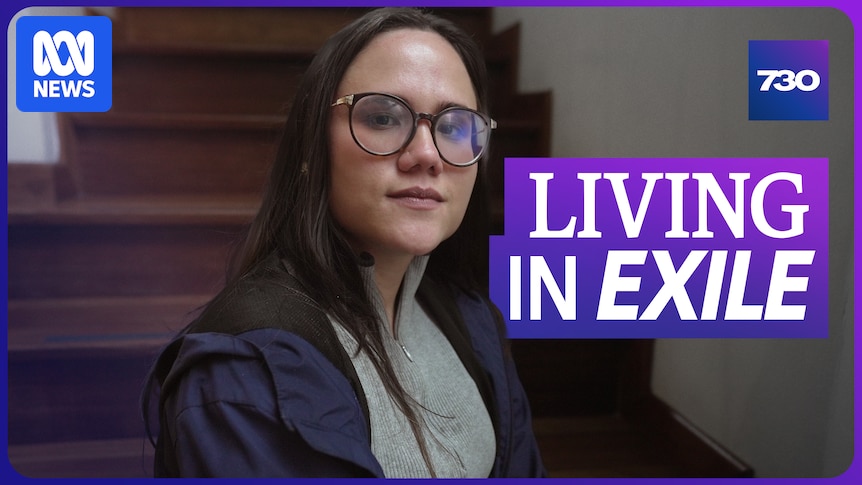
Tensions rise in Colombia – ABC News
Footer
Your home of Australian stories, conversations and events that shape our nation.
Contact ABC News
This service may include material from Agence France-Presse (AFP), APTN, Reuters, AAP, CNN and the BBC World Service which is copyright and…
Continue Reading
-
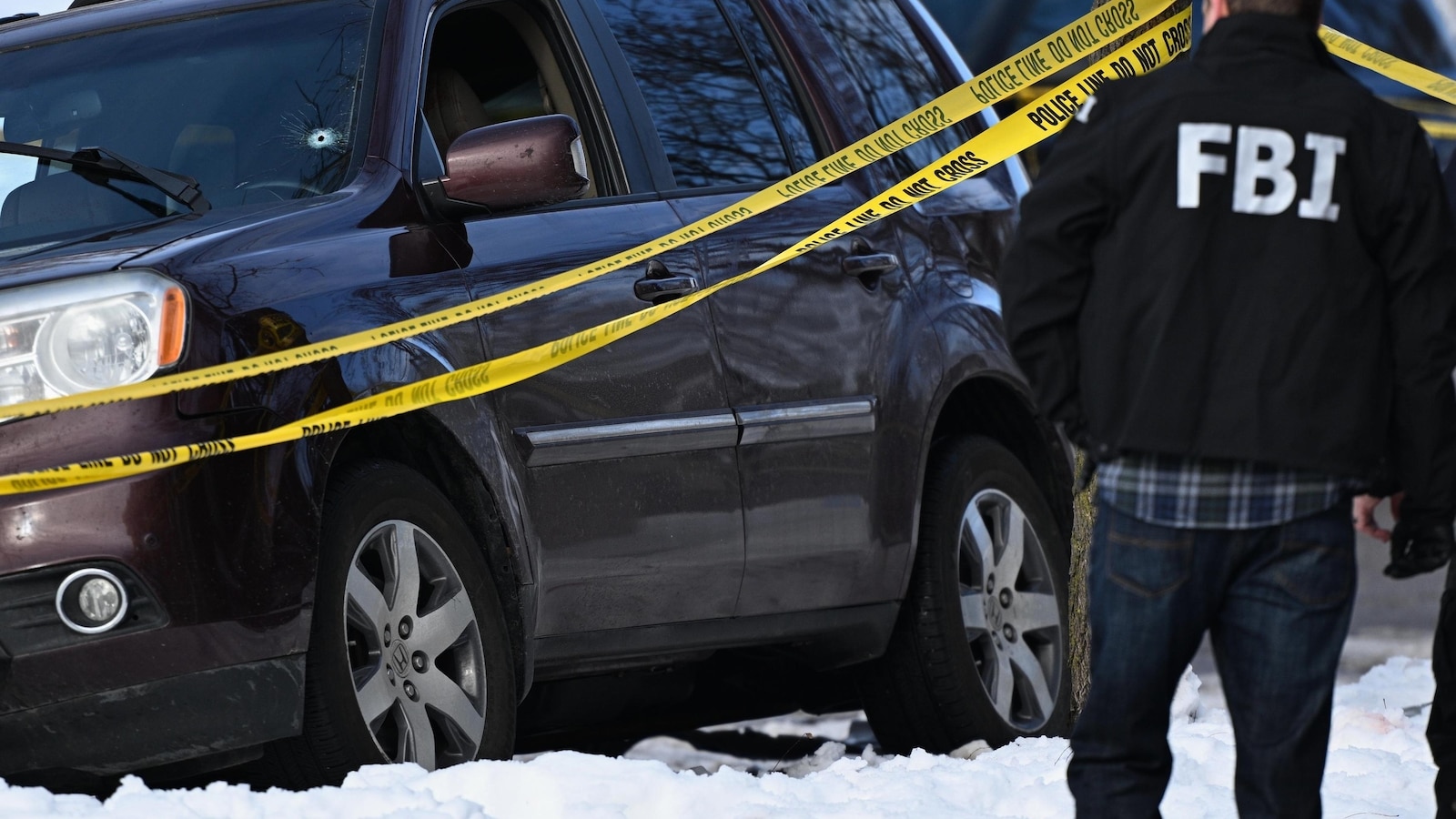
Minneapolis shooting by ICE agent brings debate over police force and moving vehicles back in focus
The fatal shooting of a woman by a federal immigration officer in Minneapolis on Wednesday has thrust a long-running and deeply contested question back into the national spotlight: When is a law enforcement officer justified in using lethal force…
Continue Reading
-
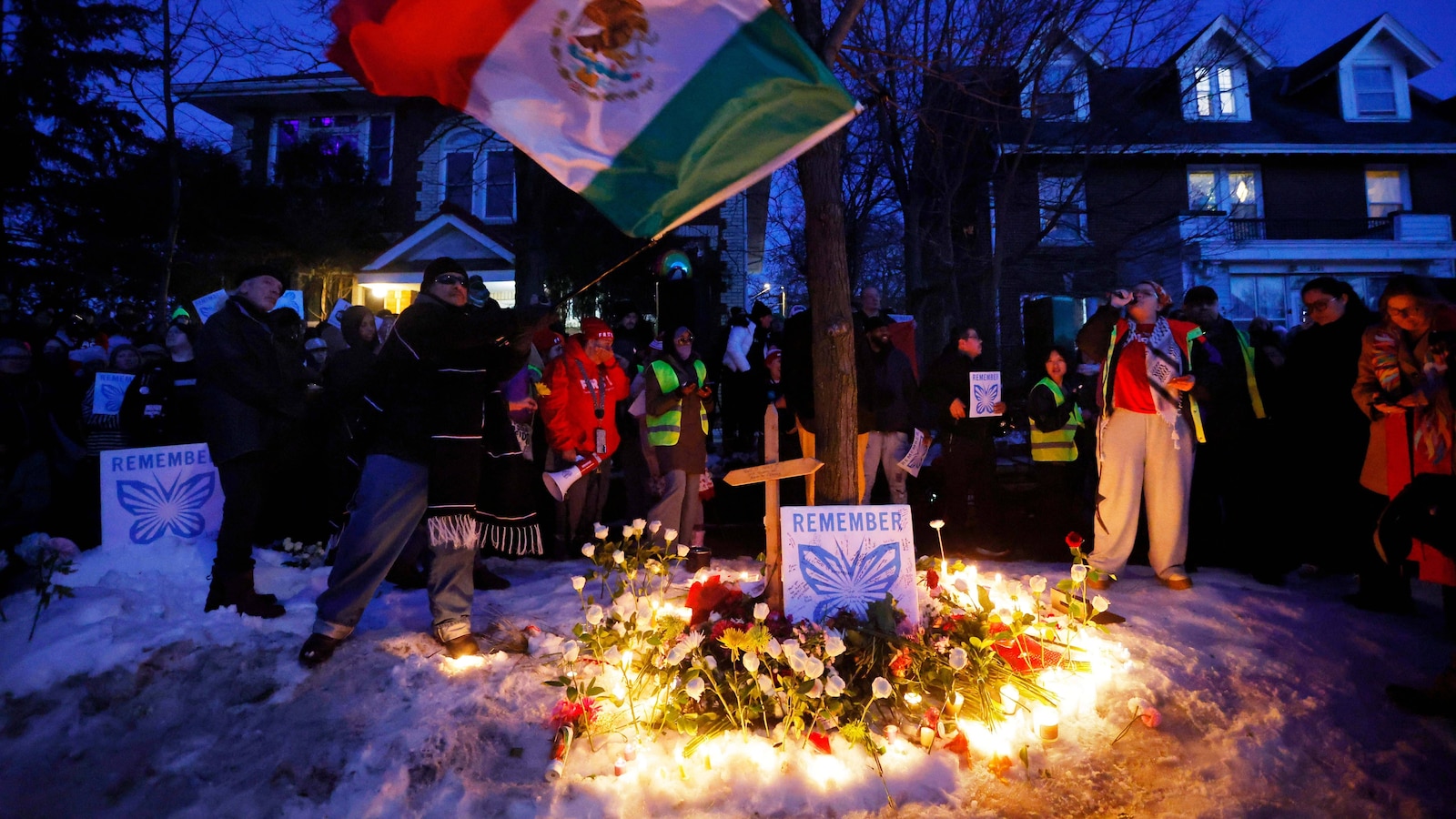
Woman killed by ICE agent in Minneapolis was a mother of 3, poet and new to the city
WASHINGTON — The woman shot and killed by a U.S. Immigration and Customs Enforcement officer in Minneapolis on Wednesday was Renee Nicole Macklin Good, a 37-year-old mother of three who had recently moved to Minnesota.
She was a U.S. citizen…
Continue Reading
-
Venezuela's interior minister says 100 people died in U.S. attack – Reuters
- Venezuela’s interior minister says 100 people died in U.S. attack Reuters
- Cuba defiant as it braces for post-Maduro era BBC
- Trumpian imperialism Dawn
- US critics and allies condemn Maduro’s abduction at UN Security Council Al Jazeera
- During…
Continue Reading
-
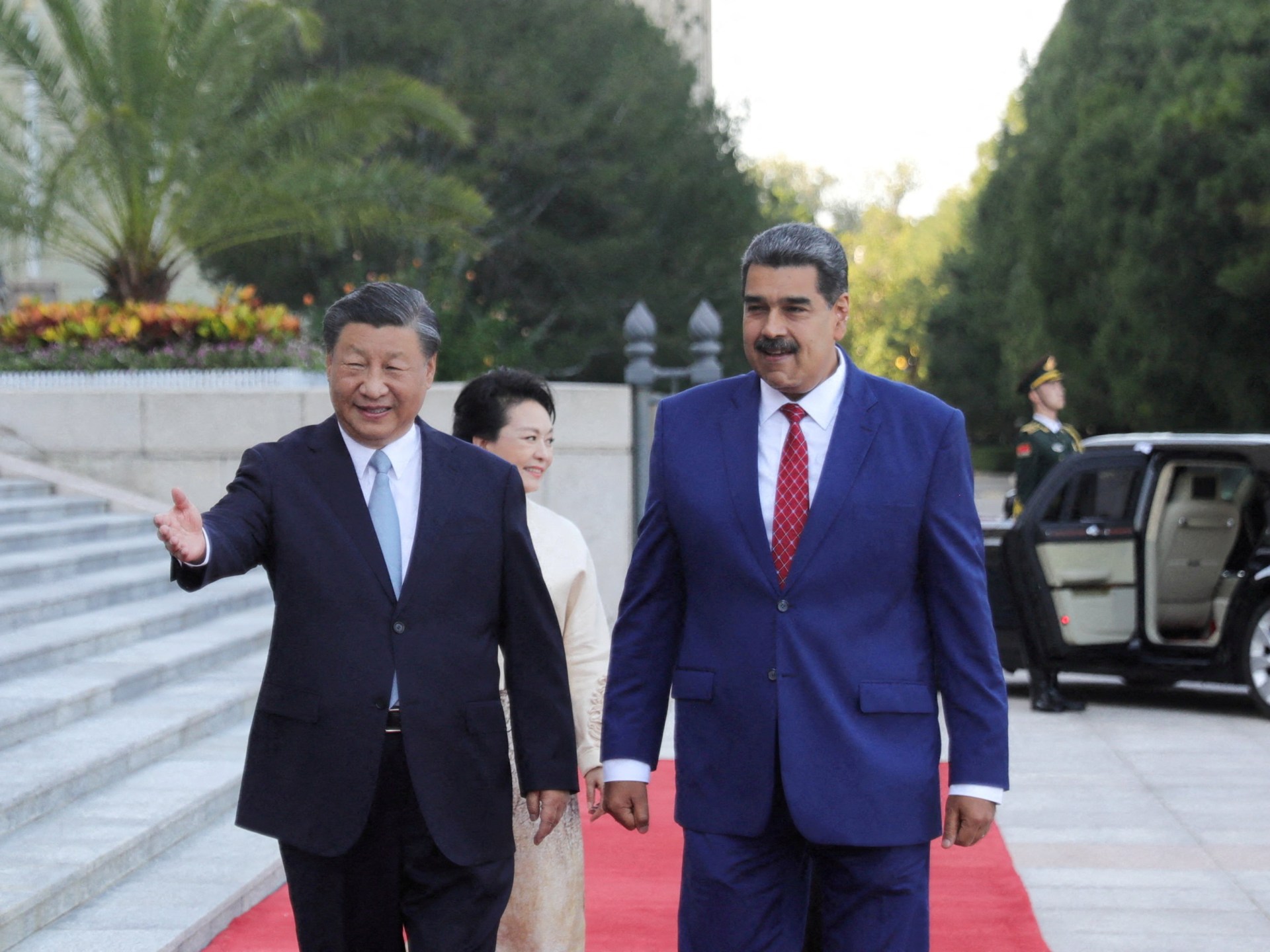
China finds risks, opportunities as Trump pushes for ‘spheres of influence’ | US-Venezuela Tensions News
Hours before United States special forces abducted Venezuelan President Nicolas Maduro last Saturday, Maduro met with China’s special envoy to the Latin American country to reaffirm their nations’ “strategic relationship”.
Now the…
Continue Reading
-
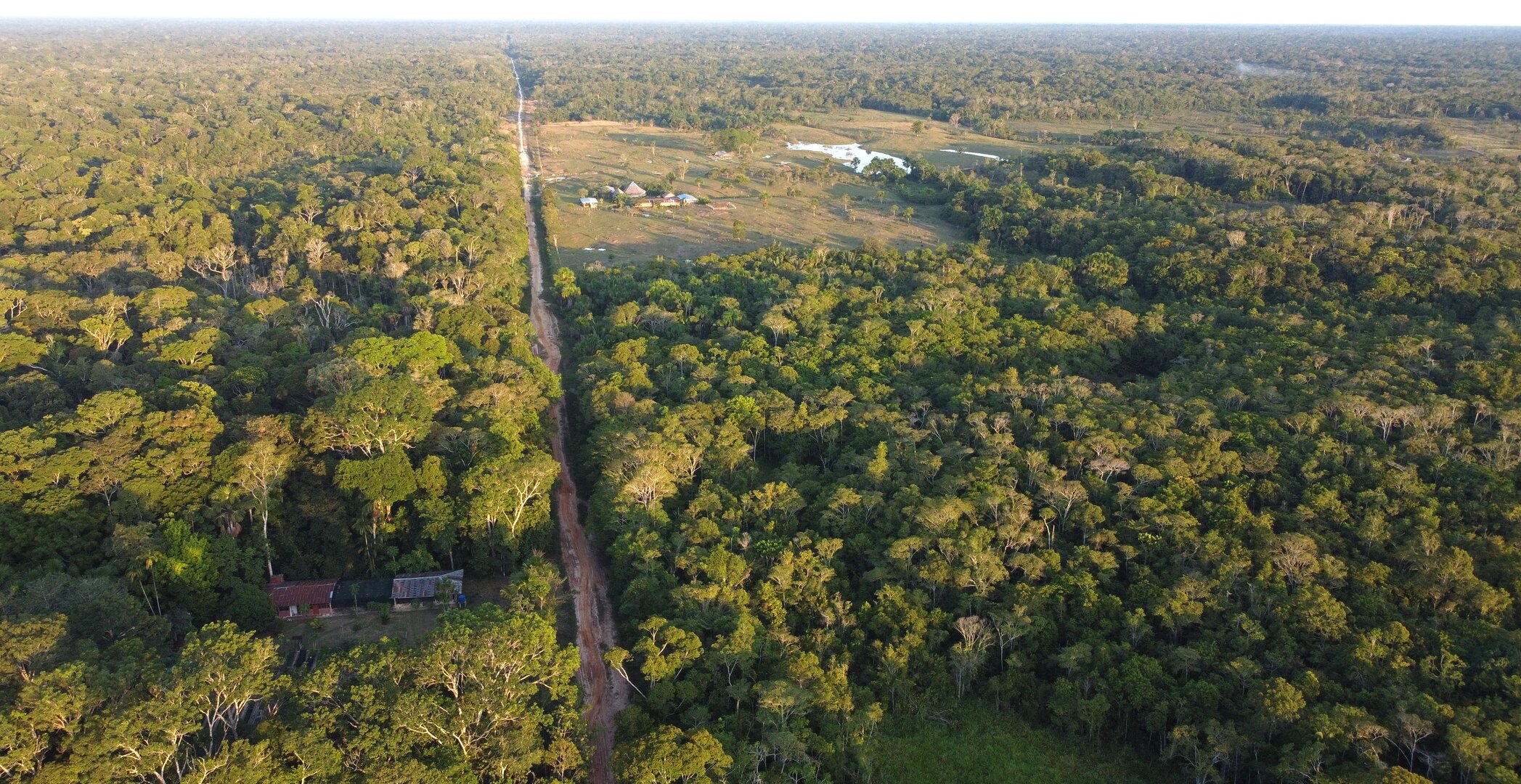
Tiny patches of deforestation drive tropical carbon loss
Applications 08/01/2026
24 views
0 likesOften called Earth’s green lungs, tropical forests pull down massive amounts of carbon dioxide from the atmosphere, release oxygen and help regulate the…
Continue Reading
-
We Pressed Trump on His Conclusion About the ICE Shooting in Minneapolis. Here’s What He Said. – The New York Times
- We Pressed Trump on His Conclusion About the ICE Shooting in Minneapolis. Here’s What He Said. The New York Times
- ‘She was an amazing human being’: Mother identifies woman shot, killed by ICE agent Star Tribune
- A Statement from President…
Continue Reading
-
Exchange between Vice-Minister for Foreign Affairs FUNAKOSHI Takehiro and Chinese Ambassador to Japan WU Jianghao – mofa.go.jp
- Exchange between Vice-Minister for Foreign Affairs FUNAKOSHI Takehiro and Chinese Ambassador to Japan WU Jianghao mofa.go.jp
- China bans export of dual-use items to Japan amid tensions over Taiwan Al Jazeera
- Japan condemns China’s dual-use export…
Continue Reading
-
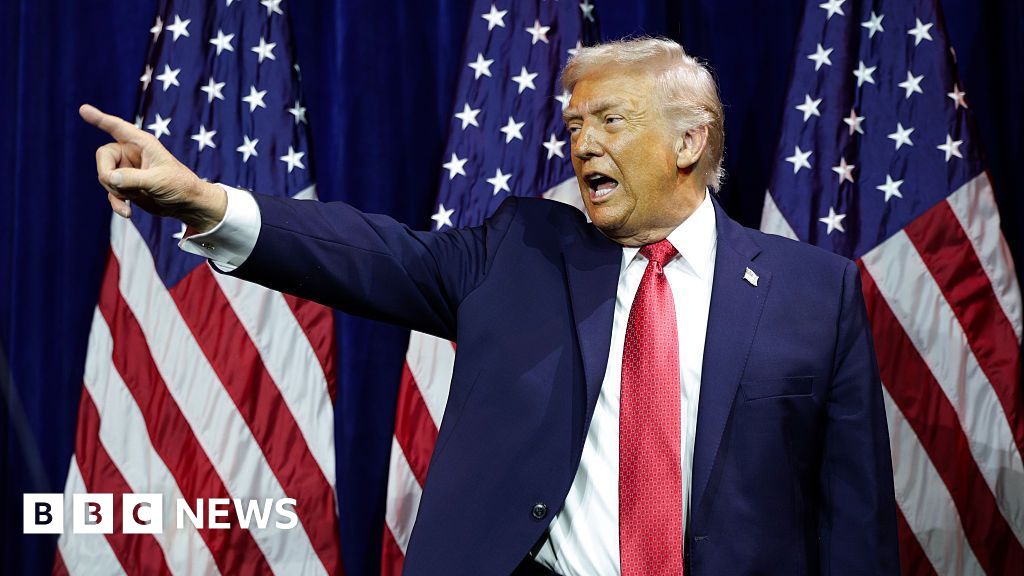
Trump withdraws US from key climate treaty and dozens of other groups
US President Donald Trump has withdrawn the US from dozens of international organisations, including many that work to combat climate change.
Among the 66 groups, nearly half of them are bodies of the United Nations, including the UN Framework…
Continue Reading